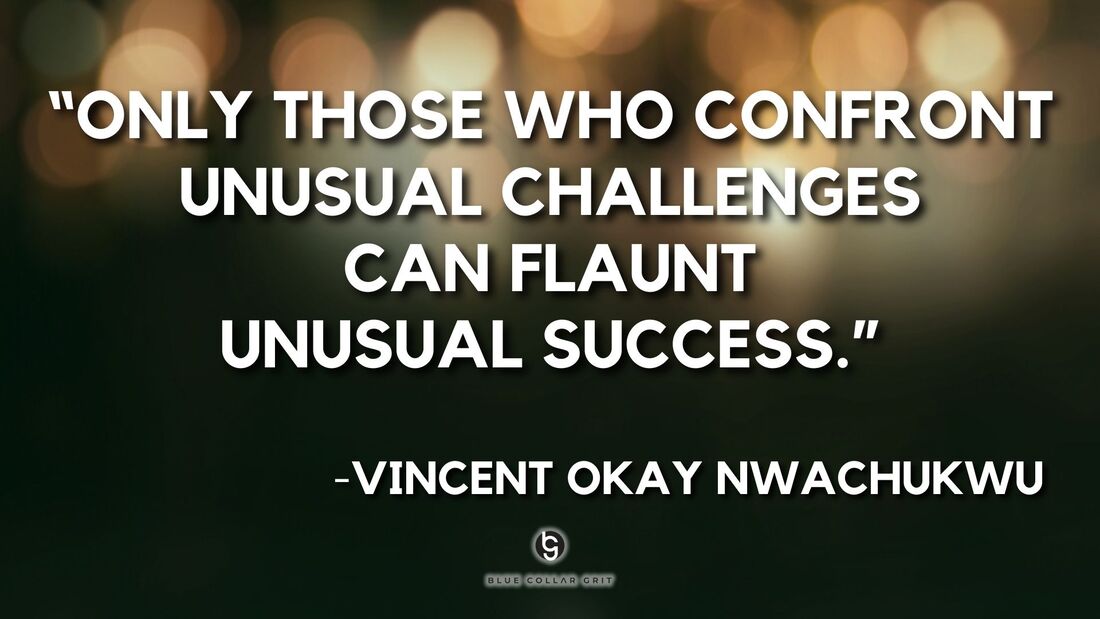Suppressing SuccessCall it humility if you want. Though it’s certainly a part of it, I don’t think it completely explains it.
Call it drive maybe. The desire to be your very best is a piece, but clearly not the whole thing. About eight years ago I’m driving home from a basketball game with my son Gabe, who was about nine years old at the time. It was about 10:30pm and my phone rings, it’s Joey Weingartner, the starting point guard for our team. Joey’s call was direct and to the point: “What’s up Coach? What time will the gym be open in the morning?” Joey wanting to be in the gym in the morning wasn’t a surprise. Afterall, he is the founding father of our basketball Breakfast Club - a group of around twenty players that arrive at 6am every morning before school to work on their game. When the Breakfast Club started we had one, Joey. In any case, his question made me smile. Players usually want to get back into the gym when they didn’t play well. That wasn’t the case on that night. Joey had been great. He controlled the game as the point guard and led us to a win over our local rival with 28 points. As a coach’s son, you have a lot of big brothers. Joey was definitely one of the guys Gabe always looked up to. Before I could hang up, Gabe hit me with questions. “Was that Joey? What’d he want?” I told him it was Joey and what he wanted. Gabe’s response was well accepted in society: “Why? He had 28 tonight.” I said, “Maybe that’s why.” I wasn’t sure if Gabe was old enough to understand, he did. (see last week’s post - The Overheard) Joey wanted to get back in the gym after success. That marks a transition to a different, higher level. Why Should We Care? Society defines success by the outcomes we achieve - money, job titles, wins, cars, awards, etc. Society also tells us that when we are receiving the outcomes of success, progress isn’t as important. We have what we want, we know what we’re doing, why would change still be needed? If excellence is really the pursuit, then there is a desperate need to suppress success - specifically, societal success - in order to see what really matters: The process that led you there. Both those pursuing success and those pursuing excellence travel along the same narrow path for a while. There simply aren’t that many options if you want to be really, really good at something. Excellence, however, requires a longer, never-ending track on a trail only you can see. Success is only available to the few, while excellence is there for anyone willing to create their path. REAL TALK - Action Steps The suppression of success is a little delicate. We want to celebrate our small victories without becoming complacent. We want to enjoy the moment without becoming lost in it. Here are a few ideas to help you suppress success while appreciating the process.
For Joey, the 28 points wasn’t the success nor was the win. His success was found in the process he chose to embrace, not the outcome. By identifying his process as his success he knows exactly where to return after scoring 28 points or 2 points, after winning by 1 or losing by 20. For more information on building excellence in your teams, visit us at www.bluecollargrit.com. We would love to know how we could help!
1 Comment
Rick Wilton
5/5/2022 08:27:48 am
Well said. Exactly as I have thought about this and you put it into words perfectly. Thank you.
Reply
Leave a Reply. |
About bcI'm a teacher, coach, and parent seeking excellence while defining success on my own terms. Archives
April 2024
Categories |


 RSS Feed
RSS Feed